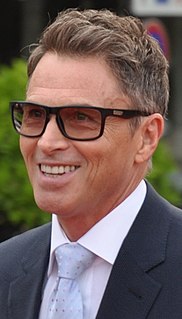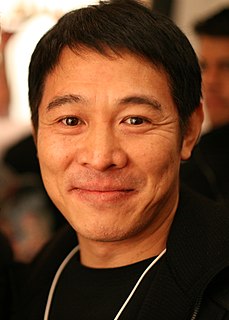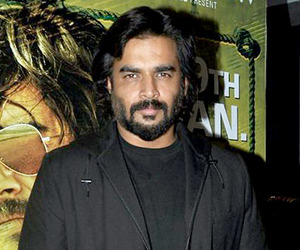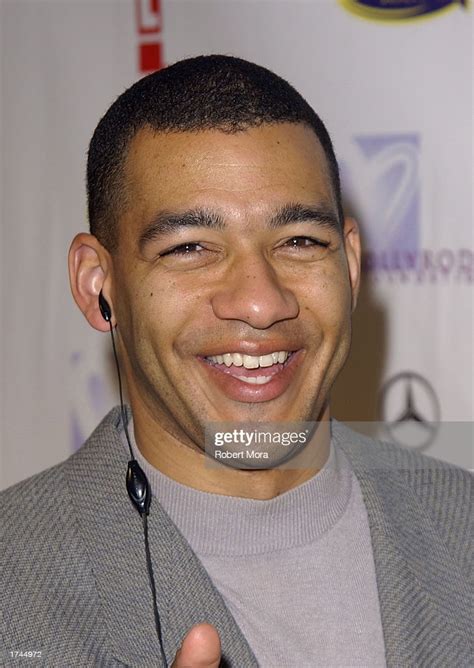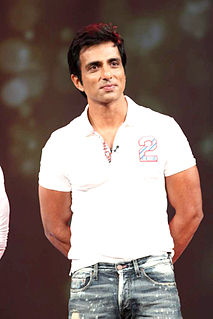A Quote by Nimrat Kaur
As an actor, there are many confusing factors that can make you take or not take a decision. It becomes difficult. Your first and last checkpoint should be the story. I always read a script as an audience.
Related Quotes
It's not like I walk around being Superman in real life. But when you read the script and put yourself in the position that Superman is in - I mean, he's always saving the planet, for God's sake. When you realize that, it's not difficult to take the gravitas of the situation and make your voice do what it needs to do.
When you start out as an actor, you read a script thinking of it at its best. But that's not usually the case in general, and usually what you have to do is you have to read a script and think of it at its worst. You read it going, "OK, how bad could this be?" first and foremost. You cannot make a good film out of a bad script. You can make a bad film out of a good script, but you can't make a good film out of a bad script.
Theologians will protest that the story of Abraham sacrificing Issac should not be taken as literal fact. And the appropriate response is twofold: first, many, many people even to this day, do take the whole of their Scripture to be literal fact, and they have a great deal of political power over the rest of us, especially in the United States and in the Islamic world. Second, if not of literal fact, how should we take the story? As an alagory? Then an alagory for what? Surely, nothing praiseworthy. As a moral lesson? But what kind of morals could one derive from this appalling story?
The actor's always as good as the stories are. And so many important things, there is the light, there is the costumes, the makeup, there's the text, there's so many elements which the actor himself cannot control. But the script is the most important thing. First of all the story, and then you go from there. You know, it's like you stand in the kitchen, and say are we making a fish or do we grill a steak? And you go from there.
I always think it's interesting to switch genres, because if I read a script and I know exactly how to manifest a story, I don't really want to do it anymore, because I've already done it in my head. It becomes less interesting. If I read something that's challenging, I get really passionate and usually fall in love with it, because I feel I need to do it. I need to tell the story; I need to find a way to make it happen.
I always take part in the creative process of every film of mine. Gone are the days where an actor would walk into the sets, finish his portions, take the money, and leave. In fact, I've been accused of being interfering - but that's the way I am. It is important for every actor to get involved with the script.

